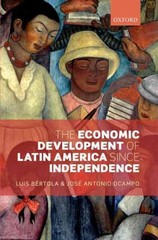Question
Listen to the podcast clip available here: https://www.thisamericanlife.org/713/made-to-be-broken/act-one-10. (It is about 24 minutes long.) The speaker in the podcast uses the following quote from law
Listen to the podcast clip available here: https://www.thisamericanlife.org/713/made-to-be-broken/act-one-10. (It is about 24 minutes long.)
The speaker in the podcast uses the following quote from law professor Kimberl Crenshaw: "Treating different things the same can generate as much inequality as treating the same things differently."
In this course, we see that the equilibrium of a perfectly competitive market is Pareto efficient.
A. In the situation described in the podcast, in which each performer is given two minutes, if everyone abided by the time limit, would the outcome be Pareto efficient? Do you think it is better or worse for society as a whole that the speaker broke the rule?
B. Next, use a (hypothetical) example of a competitive market in equilibrium to answer the following questions: In this market, are all participants "treated the same"? Is the market outcome Pareto efficient? Is it equitable?
C. As an all-knowing and all-powerful social planner, could you design an outcome that you think would be better for society as a whole? If so, is this outcome Pareto efficient?
Step by Step Solution
There are 3 Steps involved in it
Step: 1

Get Instant Access to Expert-Tailored Solutions
See step-by-step solutions with expert insights and AI powered tools for academic success
Step: 2

Step: 3

Ace Your Homework with AI
Get the answers you need in no time with our AI-driven, step-by-step assistance
Get Started


